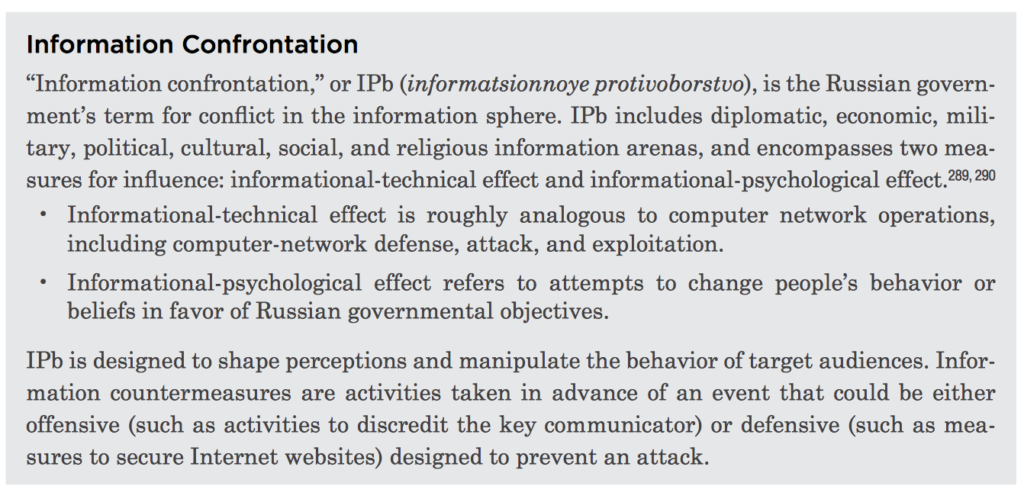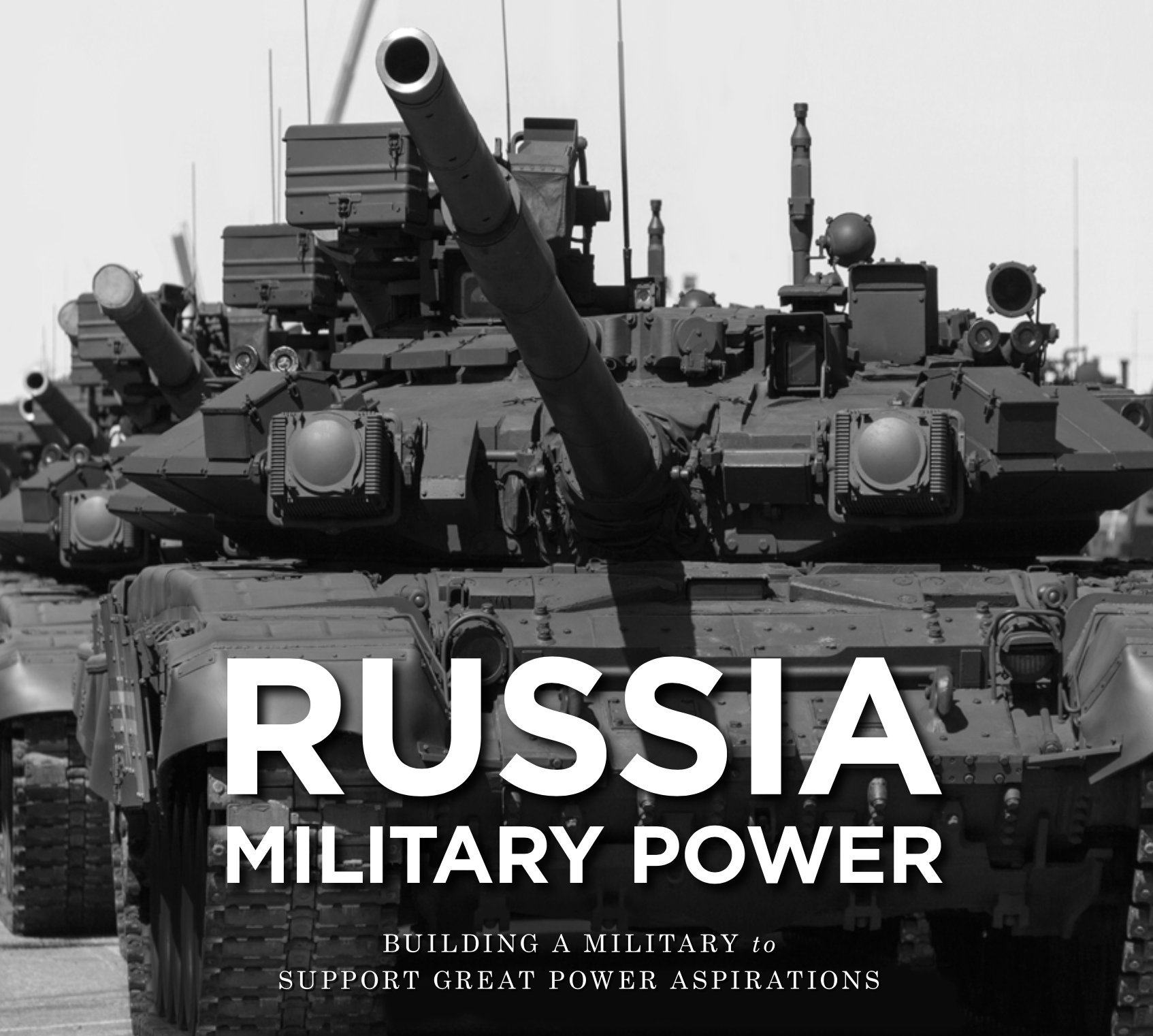The Defense Intelligence Agency’s latest report on Russian military power is “a vital development in American military intelligence analysis,” Dr Waller told the Washington Free Beacon.

“This is an important development, because the U.S. military has not adequately addressed the fact that Russia has a global psychological strategy to compensate for its relative military weakness,” Waller told national security correspondent Bill Gertz.
“Waller praised [Marine Corps LTG Vincent] Stewart, the DIA director, for equating Russia’s manipulation of the global information environment with Moscow’s strategic nuclear forces in the report,” Gertz said in his July 7 report.
“This is a vital development in American military intelligence analysis,” said Waller. “Now it’s up to policymakers to do something about it on a serious level, and not in the weak, piecemeal way they’ve done it so far.”
“Waller said the Trump administration has a chance to bolster American information warfare forces and close the gap between overemphasized cyberwarfare capabilities and little understood psychological information war,” said Gertz.
From DIA report: information weaponization & Russian strategy
“The weaponization of information is a key aspect of Russia’s strategy and is employed in time of peace, crisis, and war. In practice, information battles draw upon psychological warfare tactics and techniques from the Soviet Era for influencing Western societies. Moscow views information and psychological warfare as a measure to neutralize adversary actions in peace to prevent escalation to crisis or war.
“Chief of the General Staff Gerasimov announced that “information operations troops” were involved for the rst time in the Kavkaz-2016 strategic command staff exercise in September 2016, demonstrating Russian military commitment to controlling the information domain.” (p. 38)
DIA: Propaganda helps shape the information environment
“Russian propaganda strives to influence, confuse, and demoralize its intended audience, often containing a mixture of true and false information to seem plausible and fit into the preexisting worldview of the intended audience. Russian propaganda targets a wide variety of audiences, including its own population, selected populations of other countries, domestic and foreign political elites, and the West writ large. The variety of techniques for disseminating Russian propaganda include pro-Kremlin ‘news’ websites and TV and radio channels such as Russia Today and Sputnik News, bots and trolls on social media, search engine optimization, and paid journalists in Western and other foreign media.” (pp. 38-39)
DIA: Cyber-enabled psychological pperations
“One of the newest tools in Russia’s information toolkit is the use of cyber-enabled psychological operations that support its strategic and tactical information warfare objectives. These new techniques involve compromising networks for intelligence information that could be used to embarrass, discredit, or falsify information. Compromised material can then be leaked to the media at inopportune times.” (p. 39)
